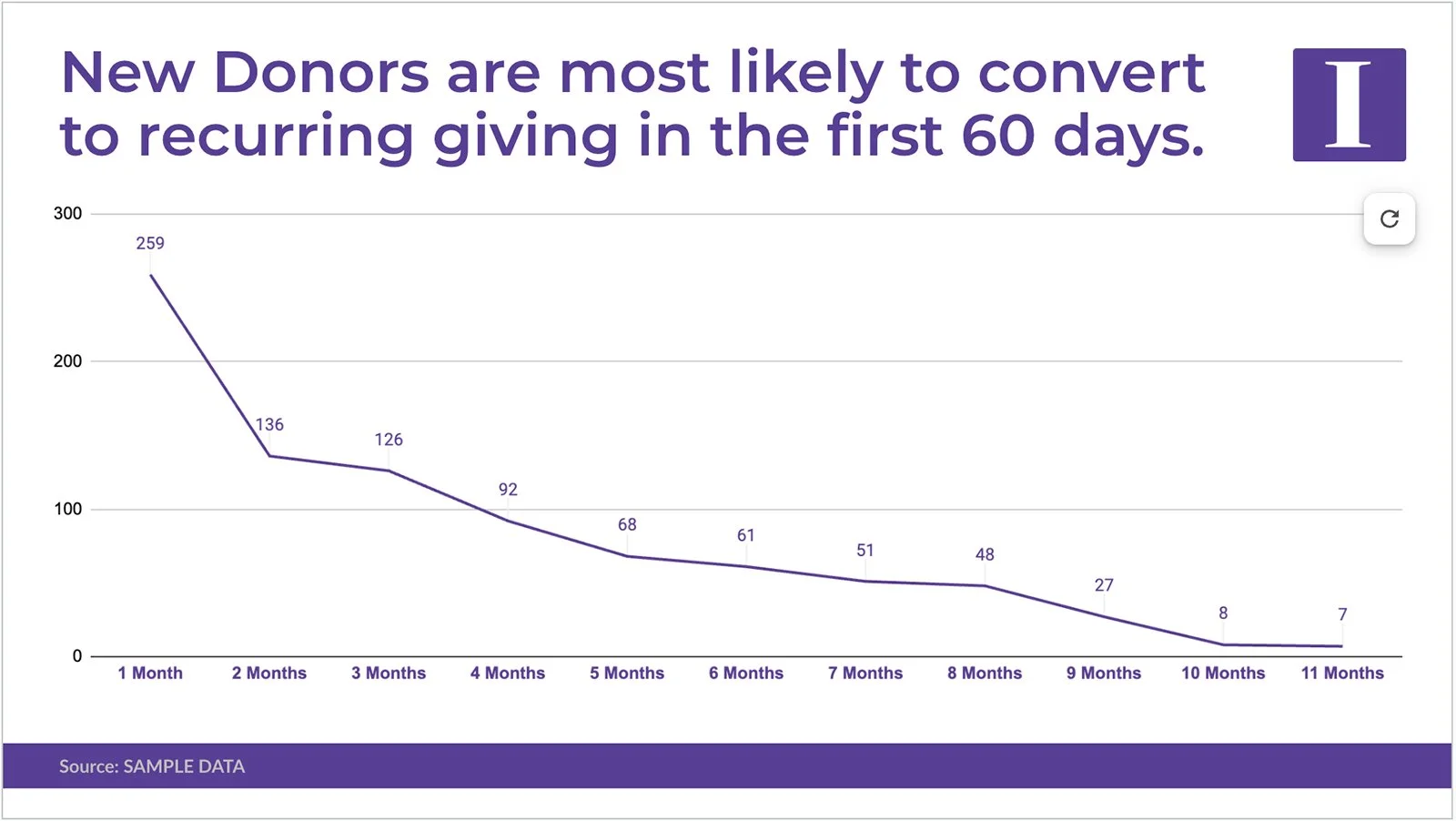The Worst Advice I’ve Ever Heard for Sustainers, Part 2
Today, we continue our series on the worst advice I’ve seen when it comes to growing sustainable recurring giving.
This advice is almost always well-meaning and might sound reasonable in the moment, but it can be dangerous if followed.
Last week, I shared one of the most common – and most harmful and outdated – pieces of advice I still hear today:
🚫 Monthly giving should be “Set It and Forget It”
We live in a world with apps like Rocket Money that remind us weekly of the subscriptions in our lives – including our regular charitable contributions – and even offer to cancel them for us. Donors are less likely than ever to “forget” they are giving to a cause on a recurring basis.
In today’s world of savvy consumers and donors, charities should recognize that their most loyal and generous supporters are among their recurring donors.
While “set it and forget it” is a poor piece of advice for how to treat sustainers you already have, let’s talk about a misconception that could prevent you from getting them in the first place.
🚫 Misguided Sustainable Giving Advice #2:
Asking for a Monthly Gift Too Soon Is Like Proposing on the First Date
As the thinking goes, asking new donors to give to you monthly is like being on a first date and dropping to one knee and popping the question.
Asking for a monthly gift right away tosses out the building of a relationship and establishing trust and rapport, or so the thinking goes.
In a way, it makes sense – who would do that on a first date?? Awkward.
Except that marriage is nothing like recurring giving. And donors who give a first gift are telling us something – they care about the cause.
Don’t get me wrong, I love a good marriage metaphor… I wrote an entire Wave Report on the topic earlier this year: 21 Lessons from 20 Years of Marriage.
But “asking new donors for a monthly gift is like proposing on the first date” is misguided – I would suggest even dangerous – advice. Let’s consider why:
Sustainable giving is not a lifelong commitment. While recurring donors do stay around far longer than their single-gift counterparts – and average of 7.7 years according to a recent Neon One study – donors can and do choose to stop giving for all sorts of reasons.
As much as I love recurring giving, it’s not a sacred marriage vow. 🙂
Many of the largest and most successful charities in the world start with recurring giving. Charity: water, Compassion International, Humane World (formerly the Humane Society), World Vision, and so on. A vast majority of UK charities today start by asking for regular monthly giving (see my recent Sustainable Giving Podcast episode with Ken Burnett). If your charity starts with recurring giving, is that like asking for marriage on a blind date?
The most common window for new donors to convert to recurring is the first 30-60 days. People ask me regularly – When is the right time to invite donors to give on a recurring basis? The most common assumption is that after the donor has “warmed up” to the charity, been onboarded, and received some number of communications.
However, in every case I’ve ever seen, the most likely time for a donor to choose to give to a charity on a recurring basis is in the first 30 days after giving their first gift.
Above: Every charity we’ve run the data for finds that the most common window for donors to convert to recurring giving is the first 30-60 days. I wrote about this last year in The Most Important Window to Convert Sustainers.
Why is this the case? My hypothesis is that this critical window for converting donors to give recurring after a first gift is due to a couple of factors.
Interest: The height of donor interest in a cause is when they make the initial significant decision to support it. They are the most open to the organization's mission and are most likely to take subsequent steps to reinforce their belief in and support for it.
Inertia: Like many things in life, patterns are difficult to break once set. Similarly, donors tend to settle into patterns of giving – they give at certain times, certain amounts, and certain frequencies. The longer a donor lives out a pattern, the more likely they will stick with it.
Above: Marriage is a wonderful thing, but as a guide for sustainable fundraising strategy, it is not. I don’t recommend popping the question on a first date, but I do recommend inviting new donors into ongoing giving!
Why equating marriage proposals and monthly giving is dangerous:
The most critical window to invite a donor into recurring giving is the first 30-60 days after their first gift, while passion is at its height and before inertia starts to set in.
What you should do instead:
For all new donors to your organization, focus on two key aspects: affirmation and invitation.
Affirm – The first priority in onboarding is affirming the donor and reporting back on their giving. The most important thing a donor needs before they’re ready to make another gift is gratitude and clarity on how their last gift made a difference.
After affirming new donors, the next priority should be to invite them to consider giving on a recurring basis, multiple times, both directly and indirectly.
Invite – Start with the difference they’ve made as a new donor. Establishing the ongoing need for the organization and how becoming a monthly partner gives us the confidence that we can depend on that money each month, so we can focus on the crucial work before us.
Consider integrating your recurring giving program into all channels in onboarding, including:
✅ Receipts – Email and Direct Mail
✅ Onboarding Emails
✅ New Donor Welcome Package
✅ Phone
✅ Dedicated Sustainer Conversion Package
💡 Takeaway: New donors are at the height of interest and passion in your cause after making their first gift. How can you affirm them and show how their gift made a difference? Likewise, how can you invite them to make an impact through sustained recurring giving?
Next week, we’ll wrap up this short series on the worst advice I’ve heard for sustainers – that there are only certain times of year or certain types of donors who should be asked. Stay tuned.
Until next week… Surf’s Up! 🌊
- Dave


